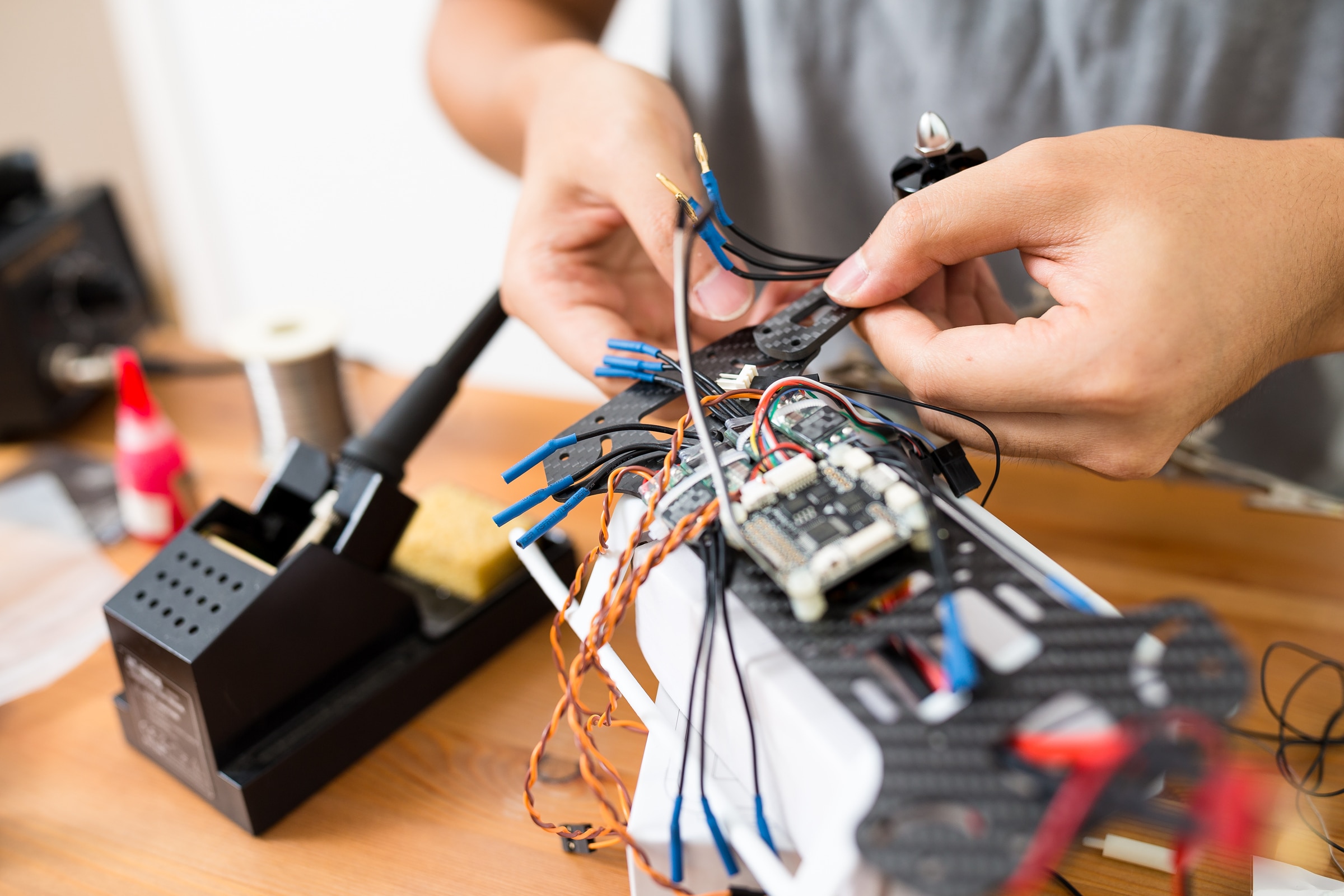In the age of technological advancement, an increasing number of businesses in the UK are discovering the manifold benefits of utilizing drones for commercial purposes. These remotely controlled devices serve an array of applications from aerial photography and surveying to delivery services. However, as with all forms of technology, legal regulations are in place to ensure safety and compliance. This article aims to guide you through the necessary legal steps you must take if you are a UK business intending to use drones for your commercial operations.
Familiarize Yourself with the Drone Code
The very first step to ensuring compliance when using drones in the UK is to familiarize yourself with the Drone Code. The Civil Aviation Authority (CAA) has laid out the Drone Code as a clear and simplified guide to the rules and regulations governing drone use. These rules are designed to ensure the safety of all airspace users and individuals on the ground.
A lire également : How to legally ensure compliance with UK employment law when transitioning to a four-day work week?
It is essential to understand every element of the Drone Code, from the height limits and no-fly zones to keeping the drone within your sight. These rules also cover more specific points such as data protection laws which are fundamental when conducting commercial operations involving drones.
Obtain the Necessary Permissions and Certificates
Before deploying drones for commercial use, businesses must obtain the required permissions and certificates from the CAA. This is the second critical legal step to ensure compliance.
A lire aussi : How can UK businesses legally handle the sale of goods under consignment agreements?
The CAA requires businesses to acquire an Operational Authorisation, previously known as Permission for Commercial Operations (PfCO). This permission is granted to businesses that can demonstrate they can operate drones safely. Therefore, you need to prepare and submit an Operations Manual detailing your business’s planned operations and safety procedures.
In addition, businesses must also obtain a General Visual Line of Sight Certificate (GVC). The GVC essentially provides the essential training and assessment needed to fly drones safely in the UK’s shared airspace.
Register Your Drone
A pivotal legal requirement for UK businesses using drones is the mandatory drone registration. All drones weighing 250 grams or more must be registered with the CAA.
Registration involves detailing the make, model, and serial number of your drone. It also involves passing an online test to prove your competency in drone operations. Once your registration is successful, you will receive a unique operator ID, which must be displayed on your drone. Remember, failing to register your drone could lead to penalties.
Understand and Comply with Data Protection Laws
As part of compliance with legal regulations, UK businesses using drones must understand and abide by the data protection laws set out by the Information Commissioner’s Office (ICO).
The ICO provides specific guidelines pertaining to the use of drones for capturing images or videos. If your drone is equipped with a camera, you need to be aware of the privacy rights of individuals who could be within its range. This extends to understanding the rules around data storage and the sharing of imagery or video content.
Invest in Insurance
The final key legal step to ensure compliance when using drones for commercial purposes in the UK is to invest in drone insurance.
The CAA mandates that all commercial drone operators have valid insurance in alignment with the EU Regulation (EC) No 785/2004. This insurance must cover liability for accidents that could cause injury to people or damage property. It is crucial to carefully research and select an insurance policy that fits the specific nature and risks of your drone operations.
In conclusion, while the prospect of using drones for commercial purposes opens up exciting opportunities for UK businesses, it also comes with a set of legal responsibilities. Abiding by these regulations is not only a matter of legal compliance, but it also ensures the safety and privacy of everyone involved. Take the time to understand and implement these regulations to make the most of your drone operations, while also maintaining a responsible business practice.
Keep Abreast of Any Changes in Drone Legislation
Staying informed about any updates or changes in drone regulations is crucial for UK businesses that use drones for commercial purposes. The aviation industry is ever-evolving, and the laws that govern it are equally dynamic. The CAA regularly reviews and updates its policies to ensure that they align with the latest technologies and safety standards. Therefore, it’s vital for businesses to stay in the know and make any necessary adjustments to their operations.
Updates can include changes in the areas where drones can fly, alterations to the weight limits of drones, or modifications to the data protection laws. Non-compliance with these changing regulations can result in penalties. Therefore, it’s advisable to subscribe to updates from the CAA and the ICO.
In addition to subscribing to updates, businesses should endeavor to have a designated person or team that regularly checks for any changes in the laws and ensures the business is always in compliance. This individual or team can also arrange for the necessary training for drone operators whenever there is a change in regulations. Remember, ignorance of the law is not an excuse, and staying informed is a vital step in ensuring compliance.
Regularly Conduct Safety Audits and Training
As part of operating drones within the law, UK businesses should regularly conduct safety audits and provide training for their drone operators. Safety audits involve checking to ensure the drones are in good working condition and are safe for flight.
Regular maintenance checks should be carried out to ensure the drones are in top-notch condition. These checks should include verifying the functionality of the drone’s parts, including propellers, motors, and batteries, as well as the drone’s overall structural integrity.
Additionally, regular training should be provided for drone operators. This can involve refresher courses on the Drone Code, updates on any changes in legislation, and practical sessions to enhance their flying skills. Regular training ensures that drone operators are up-to-date with the latest regulations and best practices for safe drone operation.
It’s also a good idea to keep a record of these audits and training sessions as proof of your business’s commitment to safety and legal compliance. These records can be useful in the case of inspections or investigations by regulatory bodies.
Conclusion
Operating drones for commercial purposes in the UK is an exciting prospect for many businesses. They offer a wide range of possibilities, from improving service delivery to enhancing data collection. However, this venture also requires businesses to be vigilant in following the legal steps required to ensure compliance.
These steps include understanding the Drone Code, obtaining necessary permissions and certificates, registering the drone, complying with data protection laws, and investing in insurance. Beyond these, businesses must stay updated with changes in drone legislation and regularly conduct safety audits and training.
While these legal requirements may seem daunting, they are crucial to ensuring safety, protecting privacy, and maintaining the integrity of UK airspace. By adhering to these guidelines, businesses can enjoy the benefits of drone technology while simultaneously promoting responsible and legal drone operation.






